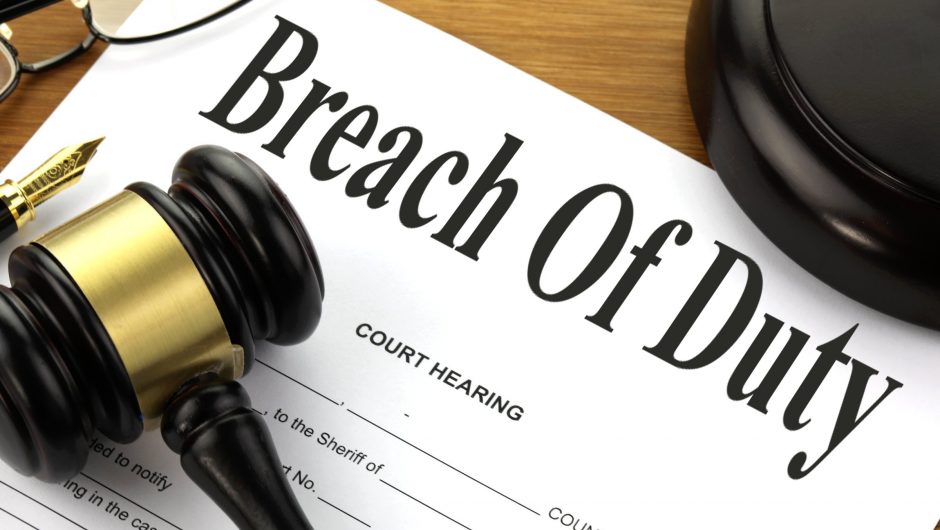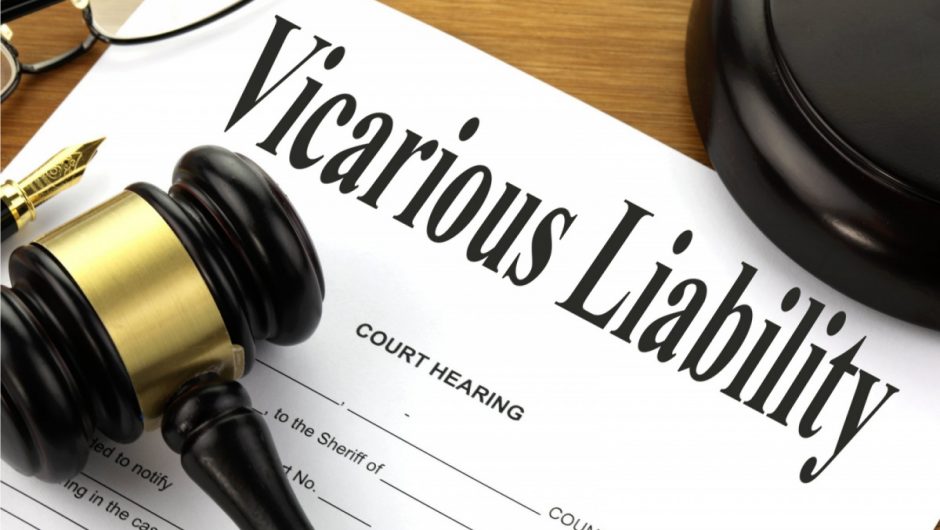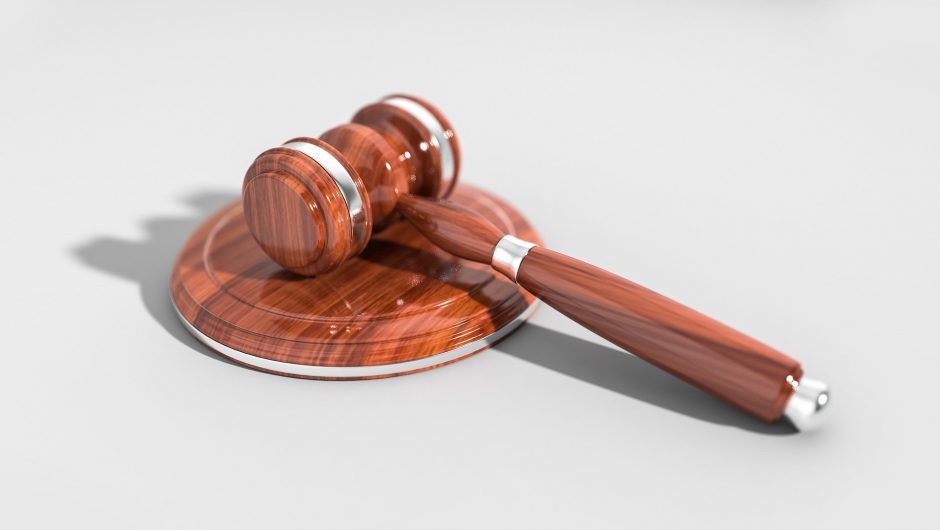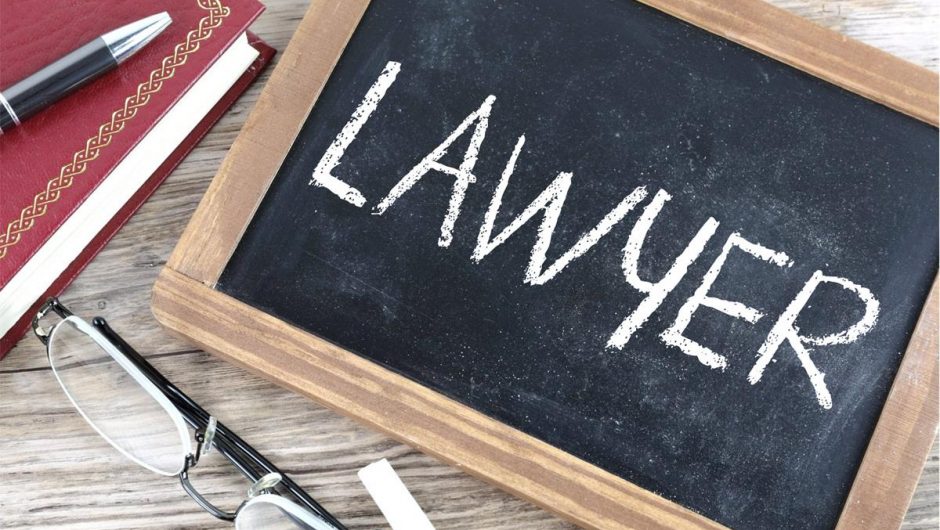Attorney-client privilege protects the rights of the client and the attorney. It is an important arrangement between the two parties that should be respected at all times. Whenever you have doubts about the arrangement, look to the facts below to get a better understanding.
Understand the Basics
Attorney-client privilege is meant to protect information from getting into the hands of unauthorized third parties. This includes confidential information that is provided during legal advice meetings between a lawyer and his client. The main purpose of attorney-client privilege is to allow a person to get legal advice without fear of repercussions. There are restrictions to this privilege that are state dependent. In those cases, an attorney would warn a potential client before they release incriminating information.
What Matters Most
Attorney-client privilege should not be taken lightly. Before you recite your life story, there needs to be an understanding about whether the information is privileged or not. Without your attorney consenting, then you should be wary about releasing damaging information. There are serious long-term consequences for individuals and businesses that get the privilege wrong. Something as simple as waiving the privilege for a single document could affect other documents. This mistake is common, and should be avoided at all costs. Always talk to your attorney before taking any actions that can change a potential case.
How Does It Work?
At its most basic form, the attorney-client privilege applies during requests for legal advice and information from an attorney. When an attorney gives advice on the privileged matter, it also falls under the attorney-client privilege.
Going beyond this basic form means understand how to initiate it, and the difference between legal advice and business advice. Once again, never provide information or documents without first asking your attorney if you’re currently protected under attorney-client privilege. Once that is out of the way, consider the type of legal advice you are asking for.
Business advice is not privileged, and is completely different than individual legal advice. An individual asking about specific work policies can easily slip into the business advice category. This may seem like a small window, but it is enough of a difference to affect a case. Any small crack is still a window of opportunity for the opposition.
Pay attention to the type of advice you’re asking for, and the people (outside of your attorney) that you plan to keep in the loop.
Be Conscious of Waiving Privilege
You can waive the attorney-client privilege without even realizing it. Any breach of the original agreement can accomplish this, even if it is a mistake on your part. Talking to an unauthorized third party about your case can waive the privilege. Disclosing important documents about your case can also waive the privilege. It’s important to uphold the original agreement to prevent this from destroying your case. Respect your counsel, and always be aware of how you exchange information.
Wrap Up
Once you understand attorney-client privilege, you will have a better grasp on the importance of information. In the right hands, specific information can hurt or help your case. Protect your rights, and you’ll always be in a better position to win in court.











